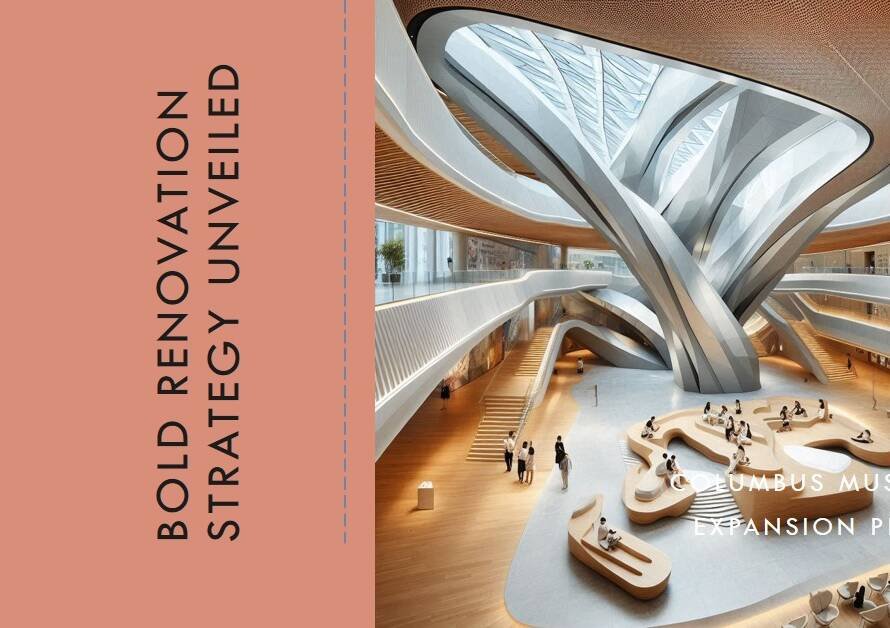
Table of Contents
- Introduction: The Rise of AI in Urban Planning
- The Role of Urban Planners Today:
- AI’s Potential in Urban Planning:
- Enhancing Data-Driven Decision Making:
- Streamlining Planning Processes:
- Addressing Environmental Concerns:
- Challenges and Ethical Considerations:
- The Human Touch: Irreplaceable Aspects of Urban Planning:
- Collaborative Future: AI and Urban Planners Working Together
- Conclusion: Embracing the Future
Introduction: The Rise of AI in Urban Planning
Urban planning is a multifaceted discipline that involves designing and organizing urban spaces to enhance the quality of life for residents. Recently, artificial intelligence (AI) has emerged as a powerful tool, promising to revolutionize various industries, including urban planning. However, the question remains: Will AI replace urban planners? This post delves into the future trends and implications of AI in urban planning.
The Role of Urban Planners Today:
Urban planners are essential in shaping cities by considering factors like zoning, transportation, environmental sustainability, and community needs. They analyze data, forecast growth, and create plans to improve urban infrastructure. Their expertise ensures that cities develop in a balanced and efficient manner, promoting economic growth and social equity.
Despite their significant contributions, urban planners face numerous challenges, such as rapid urbanization, climate change, and evolving societal needs. Addressing these issues requires innovative solutions, which is where AI can play a transformative role.
AI’s Potential in Urban Planning:
AI offers a myriad of applications in urban planning, from predictive analytics to automated design processes. By leveraging big data, AI can analyze vast amounts of information quickly, identifying patterns and trends that might be overlooked by human planners. This capability can significantly enhance decision-making processes.
Moreover, AI can optimize resource allocation, improve traffic management, and predict future urban growth. For instance, AI algorithms can analyze traffic data to suggest optimal road designs or forecast population growth to aid in infrastructure planning. These advancements could lead to more efficient and sustainable urban environments.
Enhancing Data-Driven Decision Making:
One of AI’s most significant advantages is its ability to process and analyze large datasets efficiently. In urban planning, this means AI can provide valuable insights into population trends, transportation patterns, and environmental impacts. Such data-driven decision-making can result in more accurate and effective urban plans.
For example, AI can help planners identify underutilized areas that could be developed or redeveloped to meet housing demands. Additionally, AI can predict the impact of new developments on existing infrastructure, enabling planners to make informed decisions that benefit the community.
Streamlining Planning Processes:
Traditionally, urban planning involves lengthy processes, including data collection, analysis, and public consultations. AI can streamline these processes by automating repetitive tasks, such as data entry and preliminary analysis. This allows urban planners to focus on more strategic aspects of their work.
Furthermore, AI can facilitate better collaboration among stakeholders by providing real-time data and visualizations. Interactive AI tools can help planners, architects, and community members visualize proposed changes and provide feedback, leading to more inclusive and transparent planning processes.
Addressing Environmental Concerns:
Environmental sustainability is a critical consideration in urban planning. AI can play a vital role in addressing environmental concerns by predicting the impact of urban development on natural resources and ecosystems. For instance, AI can analyze satellite imagery to monitor land use changes and assess the health of urban green spaces.
Additionally, AI can optimize energy consumption in urban areas by predicting demand and suggesting efficient energy distribution strategies. This can lead to reduced carbon footprints and more sustainable cities, aligning with global efforts to combat climate change.


Challenges and Ethical Considerations:
While AI presents numerous benefits, its integration into urban planning also poses challenges and ethical considerations. One significant concern is the potential loss of jobs for human planners. As AI automates more tasks, there is a risk that the role of urban planners could be diminished.
Moreover, the use of AI in urban planning raises ethical questions about data privacy and algorithmic bias. Ensuring that AI systems are transparent, unbiased, and respect individuals’ privacy rights is crucial. Planners must work closely with technologists to address these issues and develop ethical guidelines for AI use in urban planning.
The Human Touch: Irreplaceable Aspects of Urban Planning:
Despite AI’s capabilities, certain aspects of urban planning require a human touch. Urban planning is not just about data and efficiency; it involves understanding the social and cultural dynamics of communities. Human planners bring empathy, creativity, and a nuanced understanding of local contexts that AI cannot replicate.
For instance, engaging with community members, understanding their needs and aspirations, and incorporating their feedback into planning processes are essential for creating livable and inclusive urban spaces. These human-centered aspects of urban planning highlight the irreplaceable role of urban planners.
Collaborative Future: AI and Urban Planners Working Together
Rather than replacing urban planners, AI is more likely to augment their capabilities, leading to a collaborative future. AI can handle data-intensive tasks, allowing planners to focus on strategic and creative aspects of their work. This synergy can result in more innovative and effective urban planning solutions.
For example, AI can provide planners with detailed analyses and simulations, helping them make informed decisions. Planners can then use their expertise and judgment to interpret these insights and develop plans that balance technical efficiency with community needs.
Conclusion: Embracing the Future
The future of urban planning lies in embracing AI as a valuable tool rather than fearing it as a replacement. By leveraging AI’s capabilities, urban planners can enhance their work, addressing complex challenges and creating more sustainable, efficient, and inclusive urban environments.
As AI continues to evolve, it is essential for urban planners to stay informed about technological advancements and actively participate in shaping the ethical use of AI in their field. By doing so, they can ensure that AI serves as a powerful ally in the pursuit of better urban futures.


